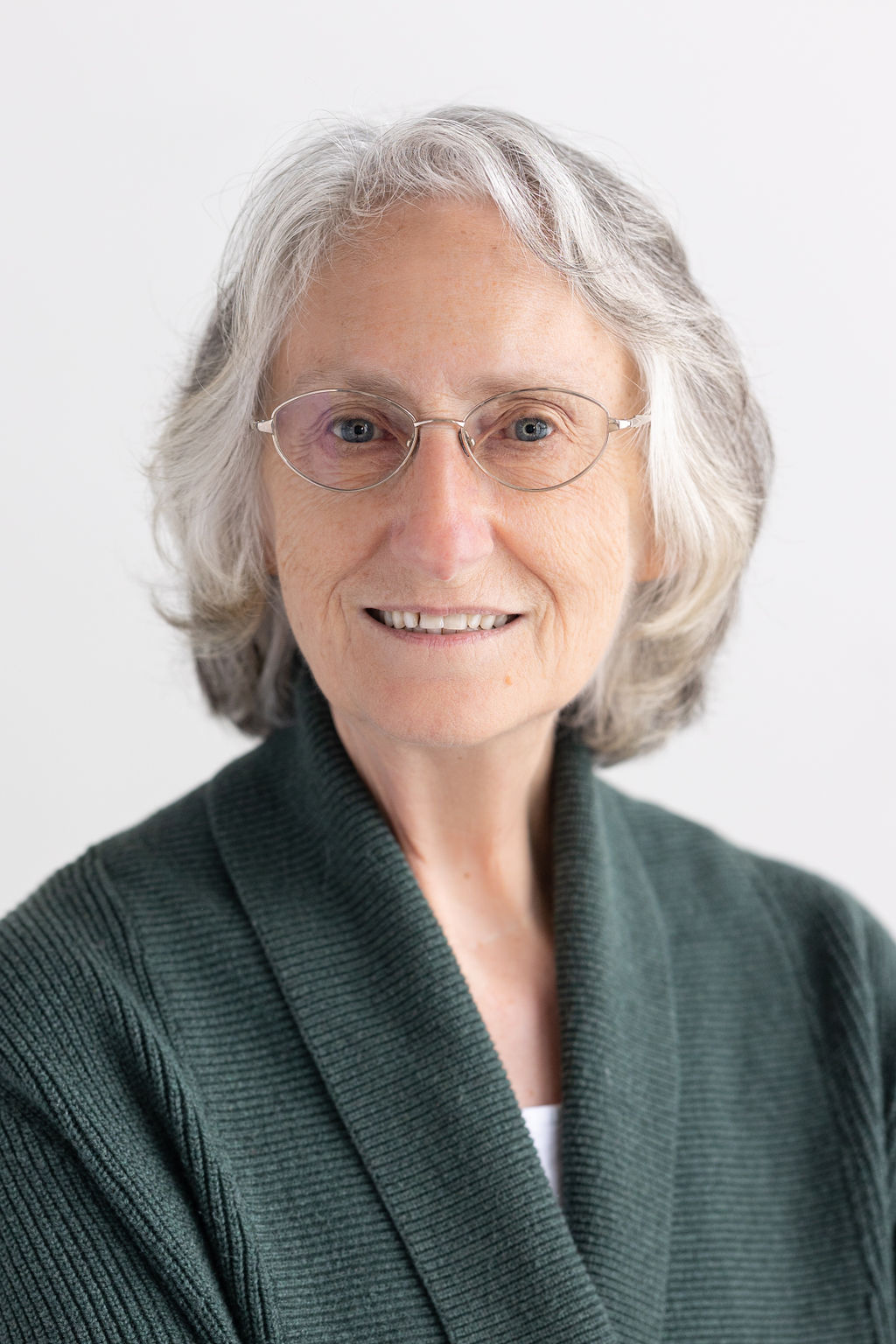
What does it mean to be “lost at sea”? There’s the literal meaning and I’ve seen it. Someone unknown to me washed overboard in the North Sea, never to be seen again.
But there’s another kind, the kind that goes on for a lifetime. The kind that comes and goes. The existential kind. Who am I? What am I? Why am I here? What’s the point of it all? We don’t think about these all the time, but they rise to meet us periodically when life challenges us.
Then there’s a third kind, the invidious kind. The kind that eats at us when we have to make difficult decisions or we experience a setback so severe that we’re lost. Literally. We don’t know what to do or the only thing we can do is endure.
Widowhood was my biggest “lost at sea.” Because my husband died suddenly — we were talking, then he was on the floor — I went into shock. I didn’t realize how long that lasted until some years later. It was about seven or eight months. I became an automaton. I went through the motions of my day. All of it was complicated by my learning that I’d lose my job. That happened two weeks after he died. More shock. Combined shock.
Being lost at sea, as I was, ultimately offers lessons. I got another job. I created a new life for myself. Those were the overt lessons. The innate lesson was that I survived. I may not always be happy in my solitary state, but I survived. Gloria Gaynor’s song, “I will survive”, is actually true. Maybe that’s why it was a hit. It elevated listeners’ mood by offering affirmation of survival. For those who survived, it was truth.
Being lost at sea can be fatal. It was for the unknown person I saw washed overboard, but it isn’t for everyone. People are “rescued” all the time. Being lost at sea can be fatal for those who experience existential or invidious loss and sink. They can’t find another job or they can’t bear the loss of a loved one. But others survive. Many others.
When I wrote an article about widowhood for an anthology some years after my husband died, I learned from the U.S. Census (the 2000 edition) that approximately thirteen million people are widowed every year in the U.S. Of those thirteen million widowed people, two million are men and eleven million are women.
That’s the key. We are not alone. We aren’t alone in our grief or being lost at sea. We can find a group, a grief group or a group of job hunters or a group of people experiencing something similar to ourselves. We just have to take the first step. Being lost at sea together is the best way to find ourselves again.
